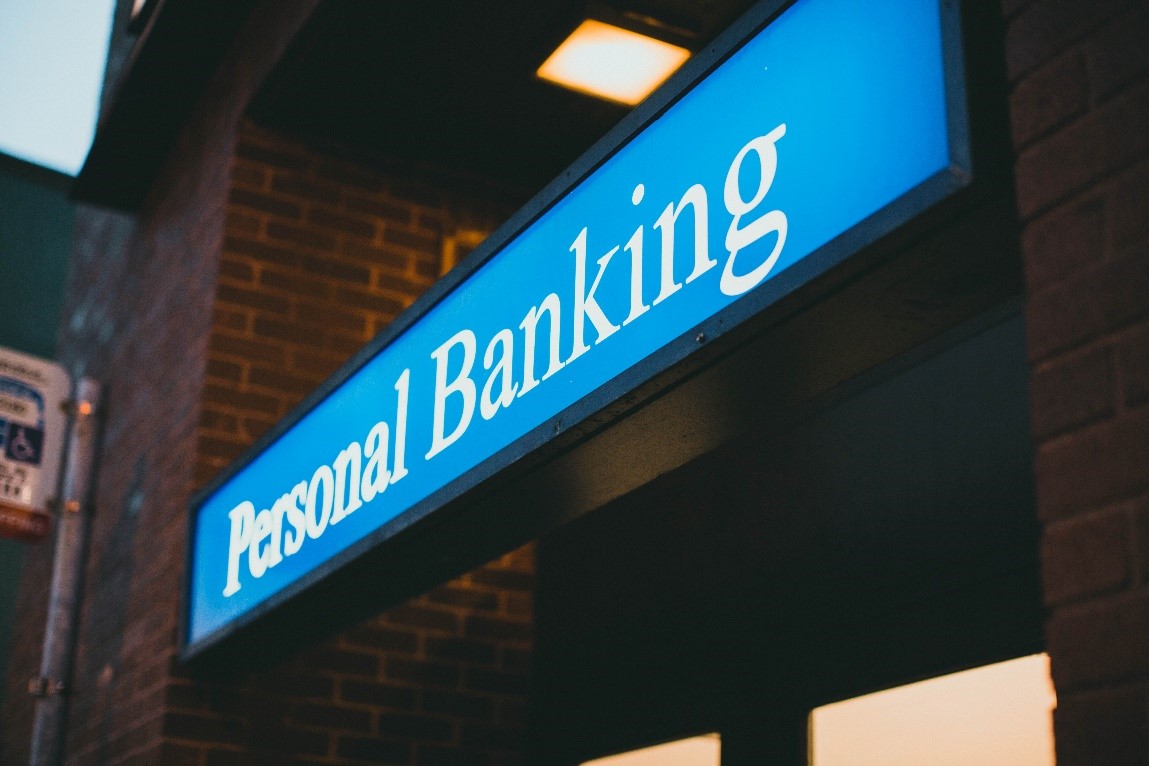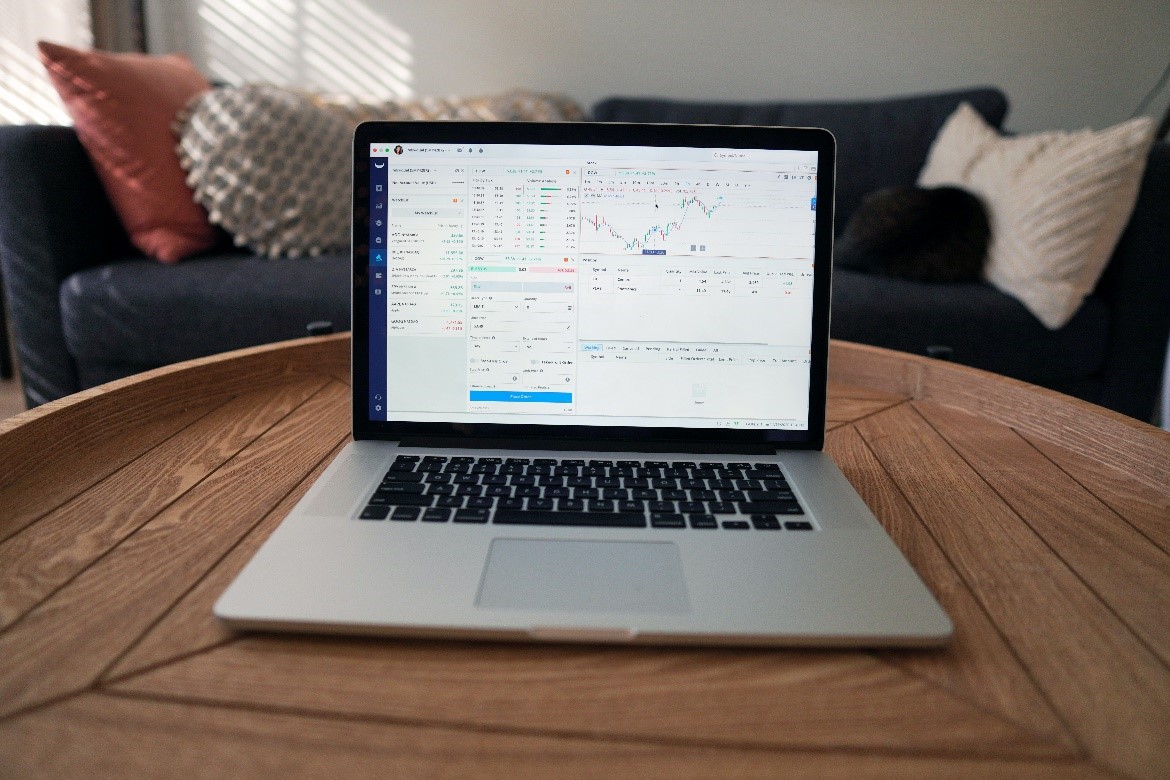Key Takeaways
- Most people are familiar with savings and checking accounts, but may not be as familiar with brokerage accounts.
- Brokerage accounts hold various assets, such as stocks, bonds, and mutual funds.
- You can open a retail or institutional brokerage account.
There are some terms and phrases that we hear and use without ever thinking about where they came from. Cut and dried refers to farmers cutting hay and then drying it. Xerox was synonymous with photocopying because that company was the first to create photocopy machines. Googling is how we refer to looking something up on the internet.

Obviously, some of these terms have more lasting power than others, and this brings to mind the term “brokerage.” Many people don’t know what brokerage accounts are, though they’ve likely heard of them at some point.
You’re probably familiar with savings accounts and checking accounts. You put your money into those accounts, withdraw cash from ATMs, pay bills out of the accounts, and you get statements every month from your bank. Those are pretty easy to understand.

Brokerage accounts were started many years ago when people had to hire stockbrokers to help them transact business in the securities market. The stockbroker would buy stock for them and they’d get a stock certificate. This got to be cumbersome, so they eventually put those certificates into brokerage accounts.
So, brokerage accounts hold things like stocks and bonds, mutual funds, exchange-traded funds, and other securities. They’re governed by the Securities and Exchange Commission (SEC) overall, and also FINRA, which covers broker dealers. Basically, there are rules and regulations around who can custody your assets in a brokerage account.

Brokerage accounts can be opened on either the retail side or the institutional side. One popular retail brokerage account that you may have heard of is Robinhood. People open up accounts with them and they are the custodian under the SEC, holding people’s assets that they purchase either themselves or through someone else.
On the institutional side, you’ve got big wire houses, big banks, big insurance companies and independent custodians like Schwab, TD Ameritrade, Fidelity, and newcomer Robinhood. They all tend to have the capability of opening brokerage accounts, holding assets, and keeping custody of them for you.
So, that’s all a brokerage account is. Just like a bank custodies your checking account and your savings account, a brokerage account custodies your securities and other assets. And look at that! No need to Google it now! Until next time, enjoy.
Gary
If you’d like to read more on this topic, here are a few of Gary’s previous posts that you might enjoy:

